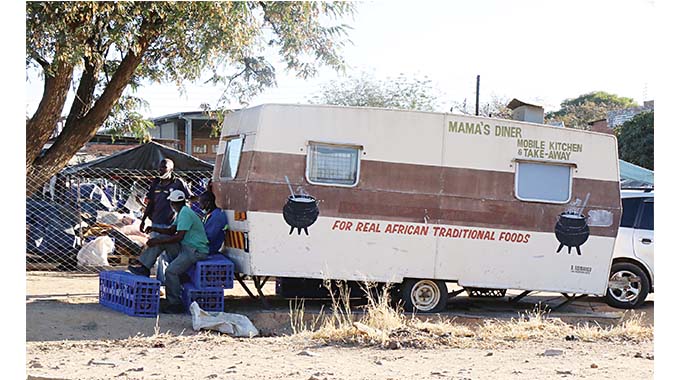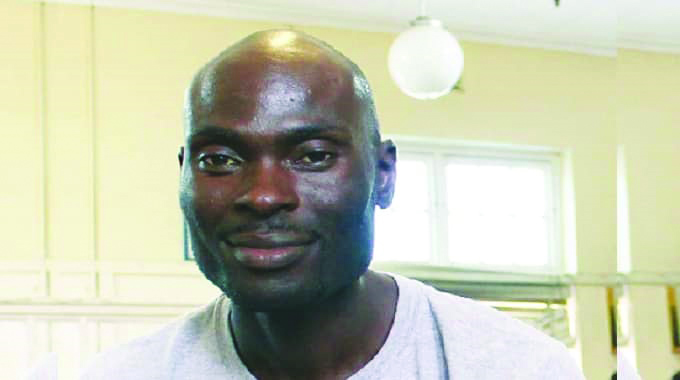Covid-19: Govt launches radio lessons for pupils

Mashudu Netsianda, Senior Reporter
GOVERNMENT yesterday launched the indigenous languages’ radio lessons programme for early childhood development (ECD), primary and secondary school classes in response to the closure of schools due to Covid-19.
Schools were closed in March as part of Government’s response to curb the spread of Covid-19.
The indigenous languages’ radio lessons programme is being spearheaded by the Ministry of Primary and Secondary Education in partnership with the Ministry of Information, Publicity and Broadcasting Services. Zimpapers, Skyz Metro FM and AB Communications are also partnering in the programme.
The Ministry of Primary and Secondary Education has engaged external assessors and subjects’ specialists from a pool of teachers in various schools in Bulawayo, Matabeleland North and Matabeleland South provinces.
So far 34 radio lessons have been recorded at ZBC Montrose Studios in Nambya, Ndebele, Kalanga, Xhosa, Tonga, Venda, Sesotho.
Primary and Secondary Education Minister Cain Mathema officially launched the programme at the Zimbabwe Broadcasting Corporation (ZBC) Montrose Studios in Bulawayo.
Minister Mathema said among other strategies, the ministry is also in the process of developing emergency learning modules, radio and television lessons and e-learning material for learners to use for a period of six months.
The developed materials will be uploaded on educational platforms and the Ministry of Primary and Secondary Education website.
In addition, hard copy modules are currently being developed to support learners who may be difficult to reach with e-learning, radio or television.
The ministry is targeting to have radio lessons aired in all the 15 languages spoken in Zimbabwe. The ministry is going to start airing at infant school, junior and secondary school levels.
The programme will cover all the learning areas of ECD using indigenous languages as media of instruction and lesson delivery.
Minister Mathema said with more than 4,6 million learners and nearly 140 000 teachers in the ministry, the protection of learners and teachers remained a top priority in the wake of Covid-19.
“The advent of Covid-19 has disrupted our normal educational processes and the face-to-face learner-teacher interactions. As such, the ministry has come up with alternative strategies to ensure continuity of learning in the face of the global pandemic,” he said.
“While we need to ensure that we play our part in reducing the spread of the virus, we also need to ensure that we do not compromise our mandate to increase access and provide quality and inclusive education to the nation.”
Minister Mathema said the country’s educational curriculum has taken cognisance of the language gaps hence indigenous languages were now taught from infant through to secondary school.
He said indigenous languages are the most valuable, rich and prestigious means of communication as they also embrace cultural heritage and define the nation.
Minister Mathema said the indigenous language syllabi are meant to provide basic foundation for the development of language skills and enhancing effective communication as well as enhancing the values of ubuntu.
“The understanding of indigenous languages and literature and the ability to apply these in life nurtures our cultural values, norms, identity and heritage,” said Minister Mathema.
Permanent Secretary in the Ministry of Information, Publicity and Broadcasting Services Mr Nick Mangwana said Government is rolling out the programme as part of narrowing the gap between the rich and the poor in terms of access to education, particularly targeting poor children in the rural areas who have no access to technology and money to buy data bundles.
“This is a very significant programme because what we had since the outbreak of Covid-19 is the widening of the gap between the haves and have nots. Right now, there are about 1,5 million learners that are accessing online platforms,” he said.
Mr Mangwana said the radio lessons will ensure that rural learners and those who are from poor backgrounds are not left behind in terms of access to education.
“If someone has not been in class for a long time given that we don’t know when this whole saga will end, there is need to quickly close that gap and bridge the divide between those who have and those who do not have and that is what this programme is all about,” he said.
Mr Mangwana said the radio lessons will continue even after Covid-19 as they have proved to an effective way in the country’s education delivery system. — @mashnets











Comments